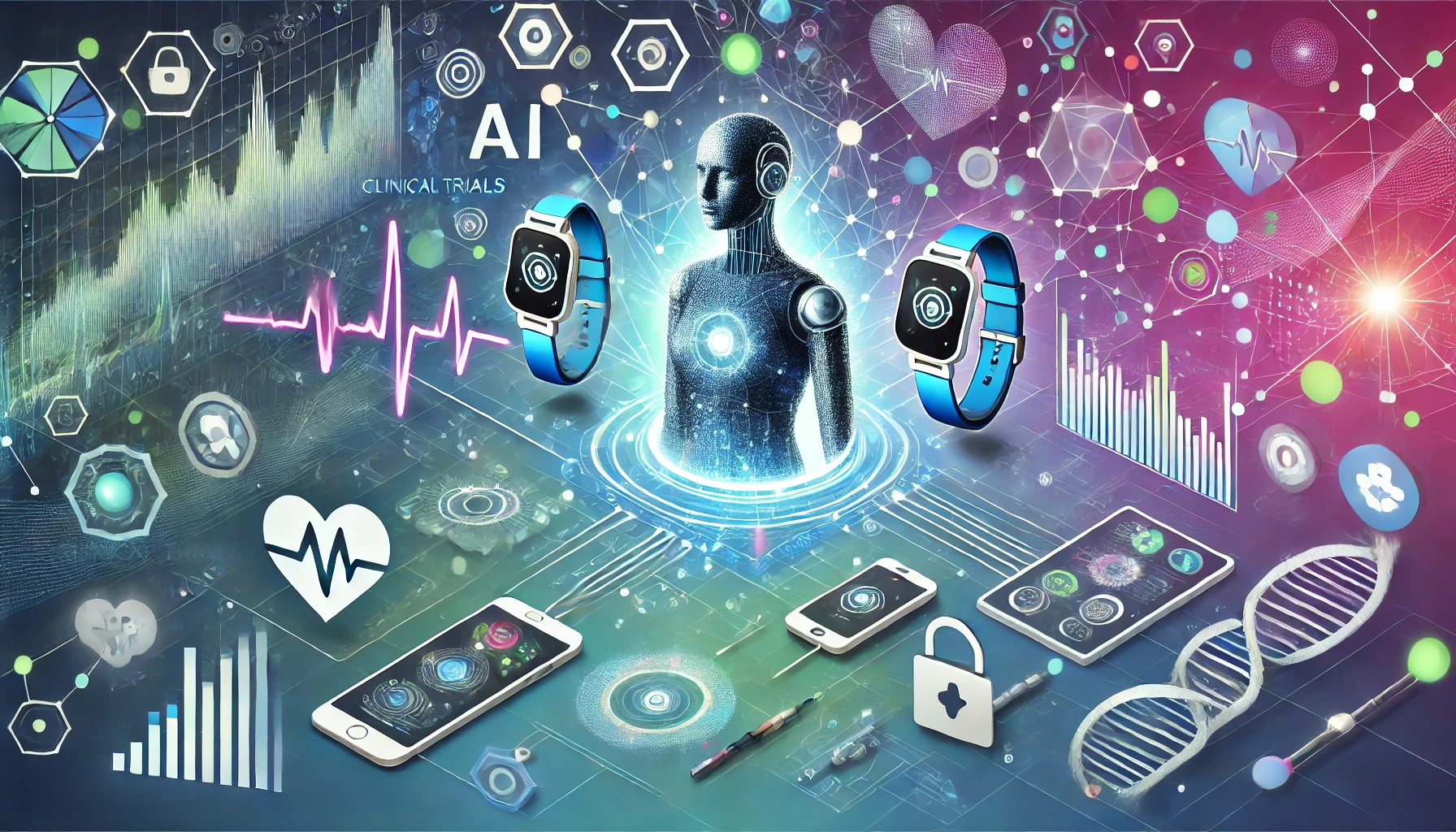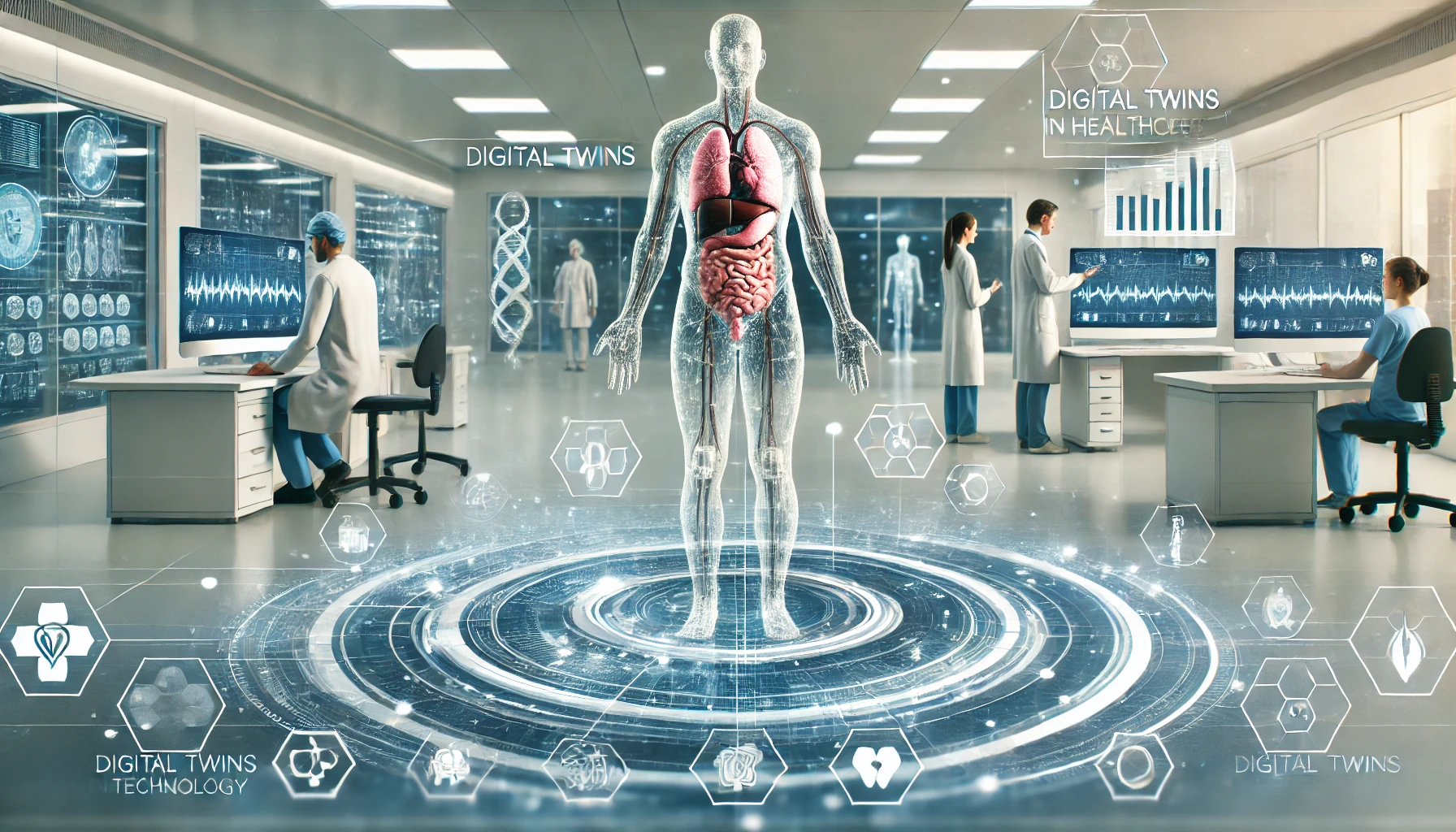Reading Time: 3 minutesThe integration of artificial intelligence (AI) and advanced technologies is set to revolutionize the operations of Contract Research Organizations (CROs) over the next 3-5 years. Key advancements include AI-enhanced patient recruitment and retention, real-time data monitoring, automated data integration, and the use of AI in genomic analysis and personalized medicine. Remote monitoring through wearable devices and IoT sensors, as well as the rise of virtual clinical trials via telehealth platforms, will make trials more accessible and convenient for patients. AI-driven resource optimization and supply chain automation will enhance operational efficiency and reduce costs. Additionally, AI tools for regulatory compliance and risk-based monitoring will ensure adherence to standards and improve trial oversight. Enhanced trial design and adaptive trial protocols, supported by AI, will enable real-time modifications based on interim data analysis, improving trial flexibility and participant safety. CROs that adopt these technologies and implement strategic AI-driven initiatives will lead the future of clinical research, setting new industry standards and driving significant improvements in trial efficiency, accuracy, and effectiveness.
Date Archives June 2024
Digital Twin Technology for Innovation in Healthcare and Pharma
Reading Time: 8 minutesDigital twin technology is revolutionizing healthcare and pharmaceuticals by simulating cellular, molecular, and biochemical processes. This powerful tool enables personalized medicine, operational efficiency, and innovative drug development. Key use cases in healthcare include cardiology, where heart function simulations allow for personalized treatments, and oncology, where tumor modeling optimizes cancer therapies. In pharmaceuticals, digital twins facilitate virtual clinical trials, reducing the need for extensive physical trials and accelerating R&D. Promising business models such as subscription-based services, licensing, strategic partnerships, and consulting offer significant market potential. Integrating AI, IoT, and wearables further enhances digital twin capabilities, driving innovation and improving patient outcomes. Key recommendations include investing in AI and ML, focusing on data integration, strengthening cybersecurity, expanding partnerships, and educating healthcare professionals on the use and benefits of digital twins.



